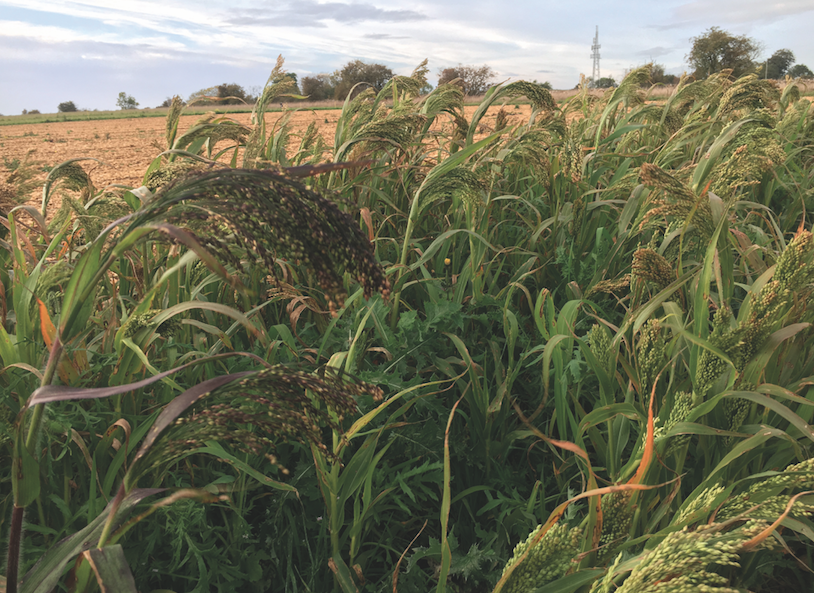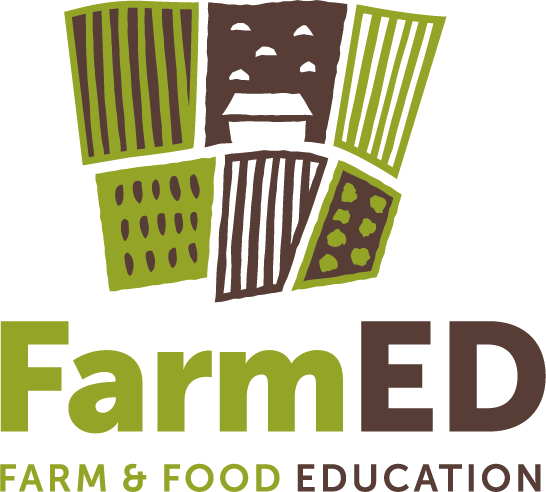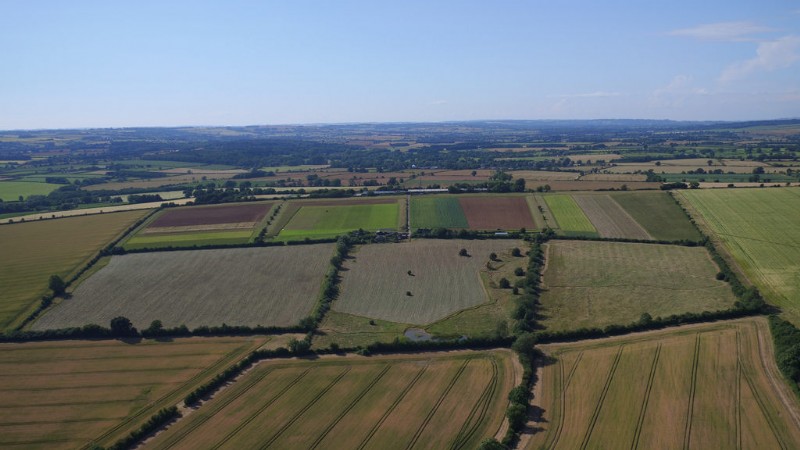
Over the last year we’ve been working with various organisations and researchers on a series of ongoing crop trials and experiments at Honeydale Farm.
Diverse Forages Project (SARIC)
We are glad to be one of twelve satellite farms involved in the Diverse Forages Project, experimenting with a range of forage mixtures with different levels of diversity, to determine which provides the best forage and range of benefits for the soil, environment and livestock production.
This is a joint initiative spearheaded by Reading University, Rothamsted Research (North Wyck) and Duchy College Cornwall. Data is being collected from the monoculture, six, twelve and seventeen species mixtures which will be compared to fertilised perennial ryegrass (Control) at the multiple sites over a five year period (2016-20).
The first 2 years focused on establishment, grazing management and species composition, and in the third year (2018), more detailed work was carried out. This focussed on how the properties of the different forages affected livestock at Reading University Farm. Data on Angus steers was assessed during grazing over spring, summer and autumn. Analysis will continue over winter 2019, when they are being fed conserved haylage from the three mixtures and the ryegrass control.
Drought Tolerance
During the droughts of 2018 it was interesting to monitor the performance of two drought tolerant legumes - sainfoin and lucerne. Usefully planted side by side in the same field in 2015, we noticed that while the sainfoin provided one big high quality hay cut in June, the lucerne has shown extremely good regrowth characteristics after cutting, as shown in the image below. Further findings on the differences between lucerne and sainfoin to follow.
Wild Bird Seed Mixture Study
This trial has involved observing a range of seed mixtures planted during spring, to assess the cover provided for game birds and wildlife, and how much feed they produce in the form of seed bearing species. These species include red and white millet, radish, mustard and various cereals.
As part of this work, an area of fennel was established next to these mixtures. This biannual forage herb is said to be particularly attractive to partridge. The fennel plot will be monitored for its winter hardiness, the type of cover it provides and how sections respond to being topped throughout the year for annual weed control. We will revisit this in the spring and draw some observations.
Worm Burden Research
Researcher Nicola Noble, working in conjunction with the Organic Research Centre and National Sheep Association, has been conducting an experiment at Honeydale this year, comparing the worm burdens of ewe lambs fed on diverse multi- species swards and permanent pasture. We provided one sward sown with a herbal ley, including antiparasitic plants like sainfoin, chicory, and birdsfoot trefoil and a long term permanent pasture sward. The experiment finished in the Autumn and we are awaiting the results.




